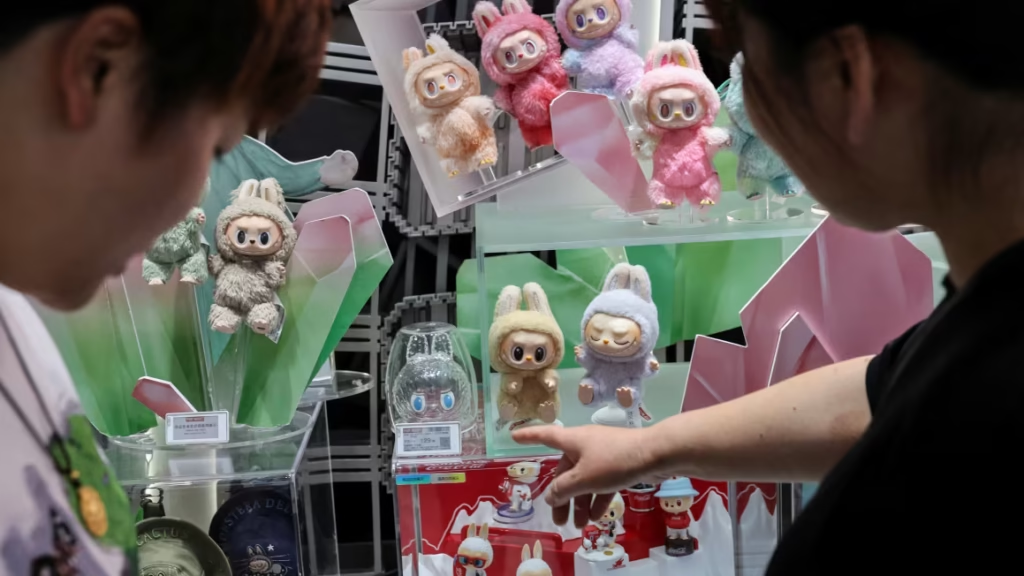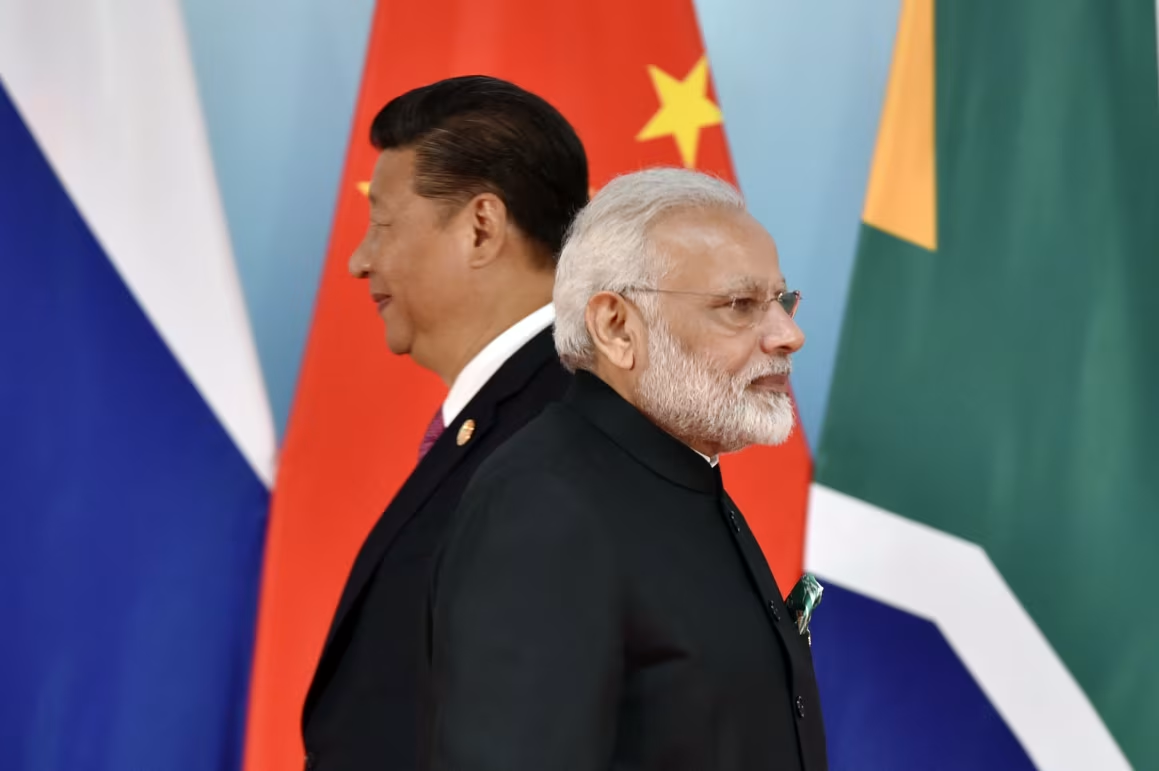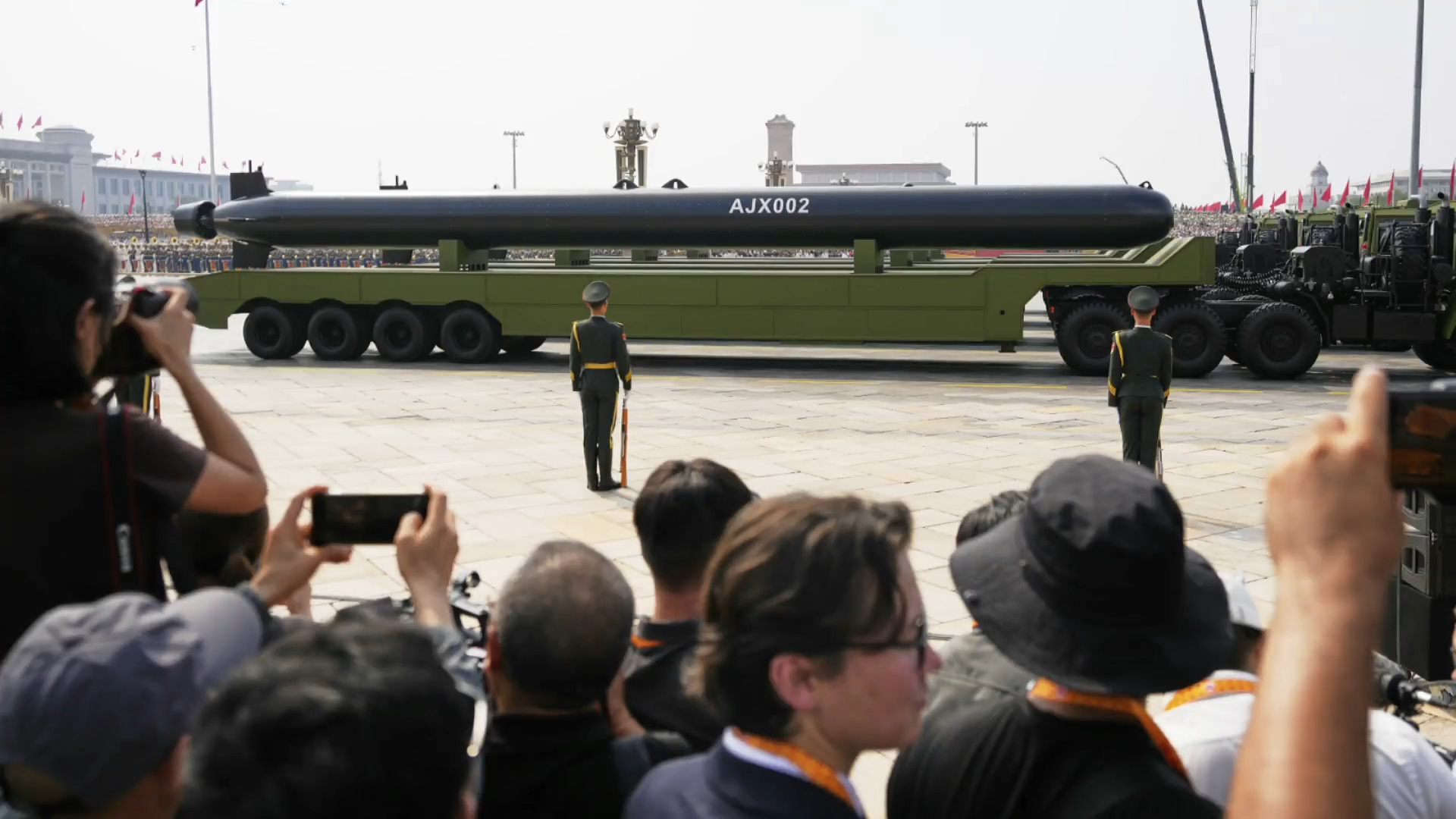China’s latest cultural export, the quirky Labubu doll, has gone from niche collectible to global craze. Created by Pop Mart, these bunny-eared toys have captured the hearts of fans from Beijing to Los Angeles, with some rare editions fetching thousands of dollars at auctions. Celebrities like Rihanna and Lisa from Blackpink have shown them off, fueling demand and turning Labubu into a household name.
But with success has come imitation. Knockoff versions—mockingly nicknamed “Lafufu”—have flooded markets and online shops. These counterfeits often copy the design but add distorted features or unusual colors that have ironically made them popular in their own right. In some cases, Lafufus are even preferred by younger buyers for their humor and affordability.
Authorities in China have now launched a major crackdown to protect Pop Mart’s brand and defend intellectual property. Customs officials report seizing tens of thousands of fake Lafufu dolls and related merchandise. Pop Mart has even filed to trademark “Lafufu” itself in a bid to block counterfeiters from exploiting the name.
The crackdown reflects more than just consumer protection—it highlights Beijing’s ambition to grow homegrown cultural brands that can compete globally. Defending Labubu’s image is part of a larger push to strengthen China’s soft power and show that it can create, not just manufacture.
Still, the underground production of Lafufu dolls reveals another story. In cities like Shenzhen, low-paid workers hand-assemble fake toys for pennies, never realizing the global hype surrounding the dolls they produce. This hidden labor force underscores how viral consumer trends can exploit vulnerable workers even as they boost national pride.
The battle between Labubu and Lafufu is more than a fight over plush toys. It is a test of how China balances creativity, commerce, and control in a world where culture has become a powerful form of influence.







